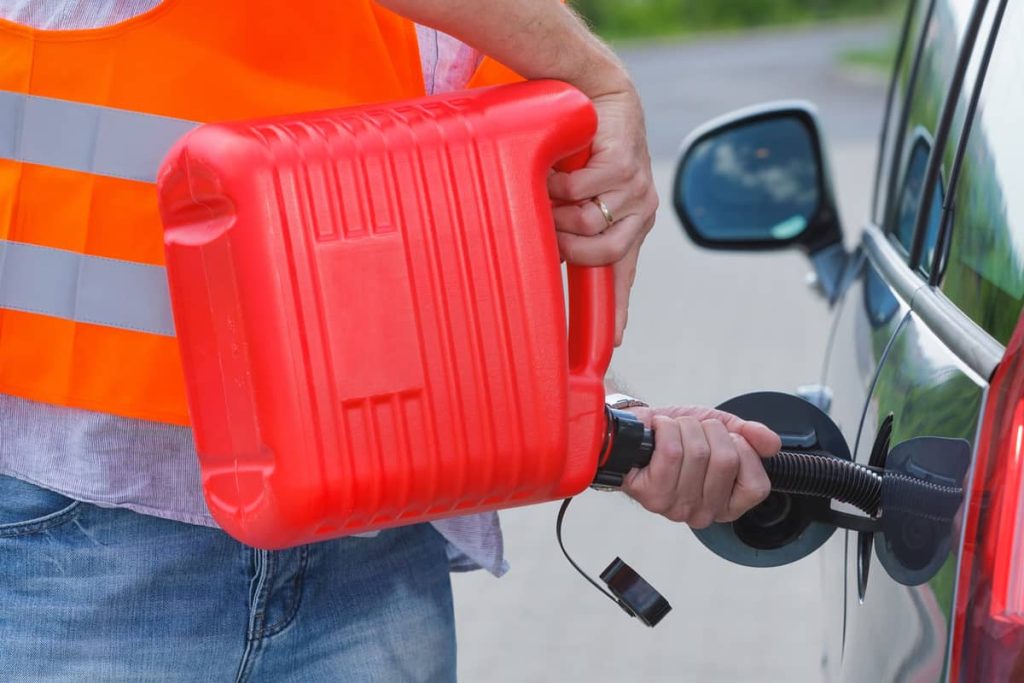Role of Fuel Delivery in Emergency Preparedness
In times of crisis, whether from natural disasters, power outages, or unexpected incidents, having reliable resources is crucial for survival and keeping operations running smoothly. Among these resources, fuel is vital, powering transportation, generators, and other essential equipment. Fuel delivery services play an important role in emergency preparedness and response, making sure that fuel gets to where it’s needed most, exactly when it’s needed. This article explores the key role of fuel delivery in emergencies, discussing its importance, benefits, and the factors that make it a crucial part of disaster management and response.
Understanding the Importance of Fuel in Emergencies
Fuel is essential in emergencies for several reasons:
1. Power Generation: During power outages caused by storms, floods, or other disasters, fuel is necessary for running backup generators. These generators are important for keeping power on at hospitals, emergency centers, and other critical places.
2. Transportation: Fuel is needed to keep emergency vehicles, like ambulances, fire trucks, and police cars, running. It also helps transport supplies and people to and from affected areas.
3. Heating and Cooling: Fuel is required for heating systems in cold weather and for cooling systems during heatwaves. Without proper heating or cooling, there can be serious health risks.
4. Communication: Fuel powers communication devices and stations, which are vital for coordinating responses, sharing information, and staying in touch between emergency services and the public.
5. Water Supply: Sometimes, fuel is needed for pumps that provide clean water or manage wastewater, both of which are important for public health and sanitation.
The Role of Fuel Delivery Services
Fuel delivery services are a key link between fuel suppliers and users, making sure fuel is distributed efficiently during emergencies. Their role includes:
1. Rapid Response: In emergencies, quick action is crucial. Fuel delivery services are set up to move fast, often having special teams and equipment ready to meet urgent fuel needs. This quick response can turn a bad situation into a manageable one.
2. Supply Chain Management: Fuel delivery services handle the logistics of getting fuel where it’s needed, including transportation, storage, and distribution. They work with suppliers and customers to ensure fuel is available on time, planning routes to avoid delays.
3. 24/7 Availability: Emergencies don’t follow regular working hours. Fuel delivery services often operate around the clock, providing constant support to keep essential systems working even late at night or on weekends.
4. Pre-emptive Planning: Many fuel delivery services plan ahead for emergencies, working with businesses, government agencies, and other groups to create backup plans. This forward-thinking approach helps identify potential problems and set up procedures for quick fuel delivery during a crisis.
5. Safety and Compliance: Fuel delivery services follow strict safety rules and regulations to handle, transport, and store fuel safely. This is especially important during emergencies when the risk of accidents or spills can be higher.
Best Practices for Fuel Delivery in Emergencies
To make fuel delivery services more effective in emergencies, certain best practices should be followed:
1. Build Strong Relationships: Developing and maintaining relationships with fuel suppliers, emergency services, and local authorities can make operations smoother during a crisis. These connections help ensure clear communication and a better understanding of roles.
2. Create and Test Emergency Plans: Organizations and fuel delivery services should make detailed emergency plans that include procedures for fuel delivery. Regularly testing and updating these plans helps prepare for different scenarios and adjust as needed.
3. Use Technology: Using technology like GPS tracking, real-time monitoring, and automated systems can make fuel delivery more efficient and accurate during emergencies. These tools help manage logistics, track deliveries, and quickly address issues.
4. Focus on Safety: Safety protocols should be strictly followed to avoid accidents, spills, and other hazards during fuel delivery. This includes proper training for staff, regular maintenance of equipment, and following safety regulations.
5. Be Prepared to Scale Up: Fuel delivery services should be ready to increase their operations quickly if there’s a higher demand during emergencies. This might involve having extra resources, like additional delivery vehicles and staff, on standby.
Conclusion
In emergencies, fuel delivery services are more than just logistical support—they are a lifeline that ensures operations continue, supports emergency responses, and helps communities recover. By providing fast, reliable, and safe fuel delivery, these services play a crucial role in managing the effects of disasters and keeping essential systems and services running.
As emergency management continues to change, the role of fuel delivery services will become even more important. Their ability to adapt to changing conditions, use technology effectively, and work well with other groups will be key in handling future emergencies. Making sure fuel delivery services are well-prepared and included in emergency plans will help build resilience and improve outcomes during crises.


